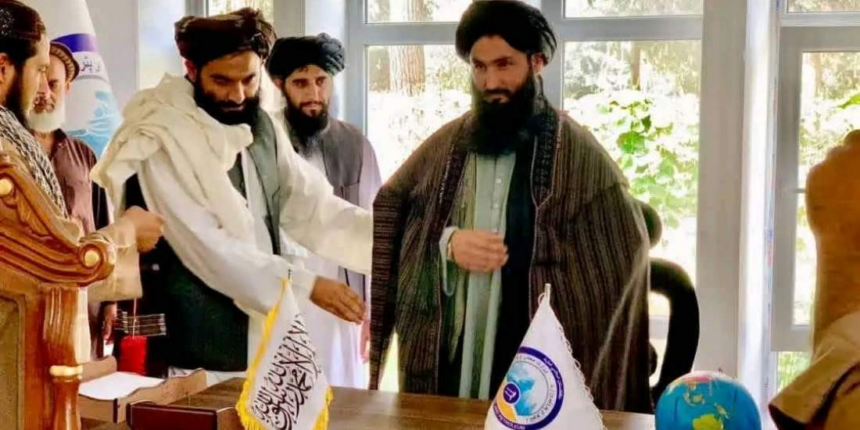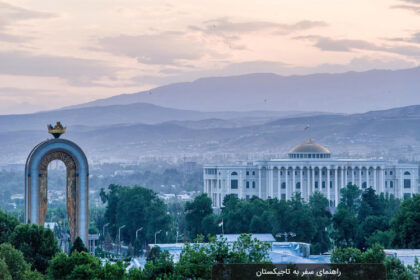RASC News Agency: After several days of escalating internal clashes among rival Taliban factions in Badakhshan Province, local sources report that Qari Abdul Rahman Ammar, a prominent Taliban commander in the Shahr-e-Bozorg district, has been arrested and transferred to Kabul by Pashtun Taliban forces.
Ammar, once regarded as one of the most influential Taliban figures in northeastern Afghanistan, was reportedly detained on Wednesday evening after being lured to a mosque under the pretext of reconciliation talks. According to local residents, he had been invited by Mawlawi Saifur Rahman, a local cleric, to mediate a dispute over the control of a lucrative gold mine in the district. What was meant to be a peace meeting turned into a calculated ambush Ammar was apprehended inside the mosque without resistance, in a move widely seen as part of a systematic power purge within the Taliban’s fractured ranks.
Sources further indicate that immediately after the arrest, Ammar’s loyal fighters were disarmed, several were detained, and others allegedly subjected to torture. Residents of Shahr-e-Bozorg told RASC that in the aftermath of the arrest, Pashtun Taliban forces have conducted house-to-house raids, accusing locals of supporting Ammar. These raids, described as both punitive and intimidatory, reportedly continued through Thursday evening, spreading fear among the population.
Analysts and local observers say the root of these tensions lies in an ongoing feud over the Shahr-e-Bozorg gold mine a major source of illegal revenue that has fueled rivalry among Taliban commanders. Two days before the arrest, fierce clashes erupted between Ammar’s men and Taliban fighters who had arrived from the southern provinces of Kandahar and Helmand, resulting in at least three fatalities and five injuries.
Political observers argue that the arrest of Ammar underscores the deepening ethnic and financial fault lines within the Taliban’s leadership. The group’s persistent inability to impose discipline and trust among its diverse factions particularly between the Pashtun core and northern non-Pashtun members reveals a movement plagued by internal decay and greed rather than ideological unity.
A source close to the Taliban in Badakhshan, speaking on condition of anonymity, told RASC:
“This dispute is not just about gold. It’s about ethnicity, power, and money. The Pashtun commanders from the south don’t trust the northern Taliban, and they’re determined to keep control of every profitable resource.”
Despite Ammar’s transfer to Kabul, tensions in Shahr-e-Bozorg remain dangerously high. Locals fear that his arrest could ignite another wave of intra-Taliban conflict in Badakhshan a province long viewed as a fragile mosaic of competing loyalties.
Independent analysts suggest that such internal purges reveal the true face of Taliban governance: a violent coalition of competing tribal and criminal networks that thrives on coercion, not consensus. Rather than governing the country, the Taliban appear increasingly consumed by their own power struggles, leaving Afghanistan’s economic lifelines its mines, markets, and people at the mercy of corruption, repression, and ethnic domination.






